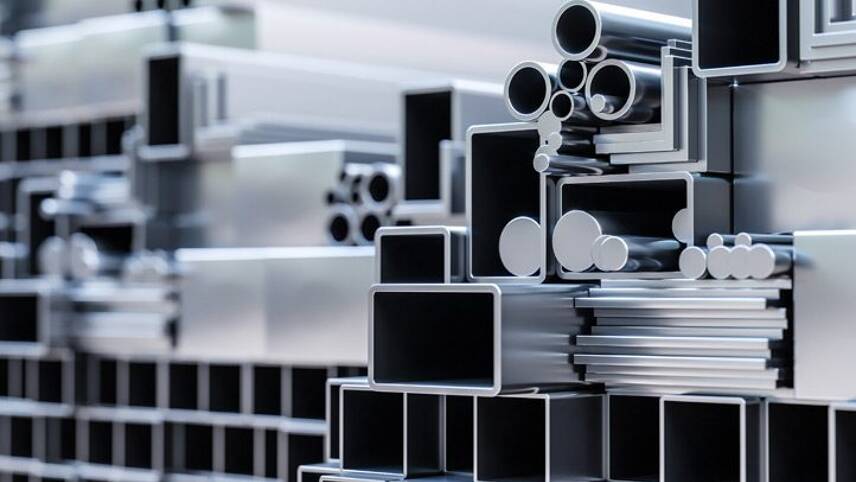Register for free and continue reading
Join our growing army of changemakers and get unlimited access to our premium content

These same metals are also the building blocks of the green economy. As national governments put in place plans to decarbonise, global demand for metals will rise – to make the batteries, wind turbines and solar panels required to power the transition. According to World Bank estimates, demand for relevant metals will increase 200% for solar panels, 300% for wind turbines, and 1,000% for batteries in scenarios which avoid global temperatures rising between 2-4°C by 2050.
As demand for metals increases, so too will expectations on how metals are produced and sourced.
The industry is moving in the right direction on this front, with many metals businesses, trade associations, standards bodies and other experts all doing admirable work to respond to and act on changing expectations on sustainable production. For example, the World Economic Forum’s Mission Possible Platform for aluminium is developing new collaborations to speed and scale up efforts towards reducing the carbon footprint of the sector.
But more needs to be done to ensure the industry collectively rises to the challenge.
As the central marketplace for metals globally, we believe it is our responsibility to be an integral part of the drive to transition our industry to a low carbon future.
That’s why, in August, we published the LME’s proposed roadmap to support the transition towards sustainability and welcomed feedback from the market. This roadmap builds on the LME’s previous work to embed responsible sourcing requirements into our listing rules for metal producers.
Today, we are pleased to be setting out how we plan to move forward with our sustainability strategy, bringing the industry on the journey with us.
The feedback we received on our plan underscored two main points. First, that there is real appetite from the industry to realise metals’ role as a central enabler of a more sustainable future. As we are seeing in all corners of society, sustainability has become increasingly important to those in our industry and there is a strong desire to accelerate action.
But the responses also revealed significant divergence of interpretations as to what precisely constitutes sustainability within the metals industry and on the routes we need to take to ensure a greener future. For example, it was clear that there is currently no common view on how to calculate a carbon footprint across the aluminium, and wider metals, industries.
This disparity in views is by no means unique to our sector and does not create an easy path to tread. But as the central marketplace for metals, we see it as our responsibility to drive greater industry agreement around standards, definitions, and sustainability goals, and, ultimately, to reach consensus on the right path forward. That is what our sustainability roadmap aims to deliver.
At the heart of our plan is a drive to provide greater transparency around, and access to, sustainably produced metal. Key to this will be the launch of LMEpassport, a centralised digital register that provides visibility of metals’ sustainability credentials; and a new online marketplace enabling customers to buy and sell sustainably sourced physical metal on a spot basis. Taken together, these initiatives will allow producers of sustainable metal to assert their claim of “green” production, on a voluntary basis, thereby allowing market participants to make decisions based on this information.
Starting with aluminium in mid-2021, LMEpassport will be rolled out gradually over three years across the LME’s physically settled metals. The principles for voluntary inclusion of sustainability credentials on the register will be based on market support, credibility and the provision of adequate audit and validation documentation. We will also explore including an extra category specifically related to carbon disclosures, using a set of transparent and consistent criteria defined by the LME but supported by existing work in this field.
Ultimately, our goal is to support producers in disclosing sustainability information around their product and to establish a framework that means consumers can trust the information that is presented to them. Providing this transparency is an essential first step as we forge a more sustainable future for metals and the many technologies that depend on them. Working closely with others across the sector, I look forward to the LME playing a central role in driving this forward.
Matthew Chamberlain, chief executive, London Metal Exchange



Please login or Register to leave a comment.